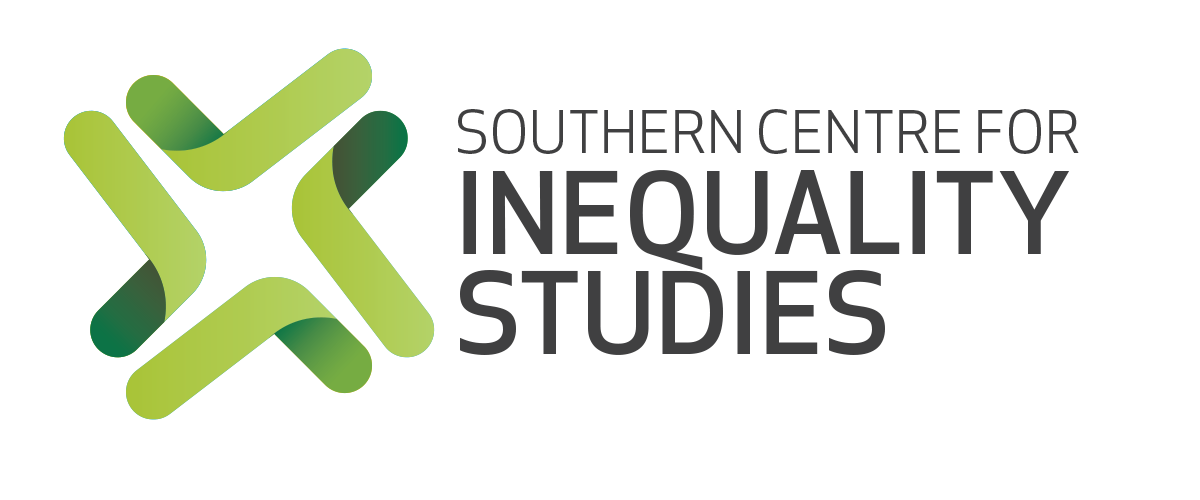Special issues
Gender and Development: Special Issue on Women, Work, and the Digital Economy
Volume 30, Issue 3, November 2022
We are delighted to present to you Gender & Development's November 2022 Issue focusing on 'Women, Work, and the Digital Economy'. Guest edited by Uma Rani and Ruth Castel-Branco, and co-edited by Shivani Satija and Mahima Nayar, this issue investigates the impact of digitalisation on women workers and the ways in which women navigate and assert themselves in this digital economy. It draws empirical evidence from diverse countries, including Argentina, Brazil, China, Ghana, India, Kenya, Mexico, Nigeria, Pakistan, South Africa, Spain, Sri Lanka, and Uganda.
Transformation: Special Issue on Black Empowerment in South Africa
Volume 109, 2022
Given its importance as the most far-reaching attempt, within the legal system, to address the legacy of dispossession and discrimination in South Africa, it is somewhat surprising that there has not been a systematic analysis of its nature, form and impact of BEE in South Africa. The papers in this collection lay an initial assessment of the form, character and impact of Black Economic Empowerment in South Africa in recent decades, based on data sources which have, until now, not been interrogated within the framework of the BEE literature.
The papers in this special issue highlight the fact that for all of its weaknesses, BEE has had an impact at addressing the nature of corporate ownership in South Africa and has significantly changed the racial character of some elements of the economy – for example, the nature of public sector employment, ownership in mining and other key sectors of the economy. But there is very little evidence that it has had much of an effect in addressing the persistent labour market inequalities which shape the lives of many workers. This special issue presents a new attempt at a wide-ranging, although not exhaustive, analysis of BEE broadly conceived. Together, the papers review the literature, methodology, and empirical effects of BEE in South Africa and provide a preliminary assessment of its impact in a number of spheres.
Transformation : Special Issue on Poverty and Inequality in South Africa
Volume 101, 2019
The Southern Centre for Inequality Studies is pleased to present a special issue of Transformation, focusing on poverty and inequality in South Africa. The issue is the culmination of two years of work by researchers at the universities of the Witwatersrand and Johannesburg as part of an interdisciplinary project examining poverty and inequality in contemporary South Africa.
In this focus issue, through a collection of articles located in different disciplines and employing different methodological approaches, we examine how work, households and space produce and reproduce poverty and inequality in South Africa. We are interested in the interactions between work and the broader society, and how these relationships are shaped by households, land and space. For work and access to work are not only the product of a set of characteristics of individuals but are shaped at the nexus of a number of social and economic forces: education, space, and the structural configuration of the economy. The articles in this issue provide a compelling analysis of the different understandings of poverty and inequality, and why they persist and are intensifying despite years of democracy and government policy interventions in South Africa.
Development South Africa: Special Issue on Inequality in South Africa
Volume 36, issue 6, 2019
The Southern Centre for Inequality Studies is pleased to announce the release of a special issue of Development Southern Africa focusing on inequality in South Africa. The articles in this special issue arise out of the inaugural inequality conference of the Southern Centre for Inequality Studies, in September 2018. This special issue brings together papers focusing on two main areas. The first is on conceptual questions relating to inequality, including a philosophical examination of the entrenchment of capabilities inequality, the role of the constitution in addressing inequality, and how we depict and conceive of inequality.
The second section presents a rich collection of papers examining the ways in which inequality is produced and reproduced in contemporary South Africa. These papers present a truly multi-disciplinary approach to the study of inequality. The articles in this issue provide a compelling analysis of the different understandings of inequality and why it is continuing and intensifying despite years of democracy and government policy interventions in South Africa. It is our hope that the work presented here not only contributes to the development and growth of inequality studies in South Africa but also deepens the debate on how inequality can be reduced.

